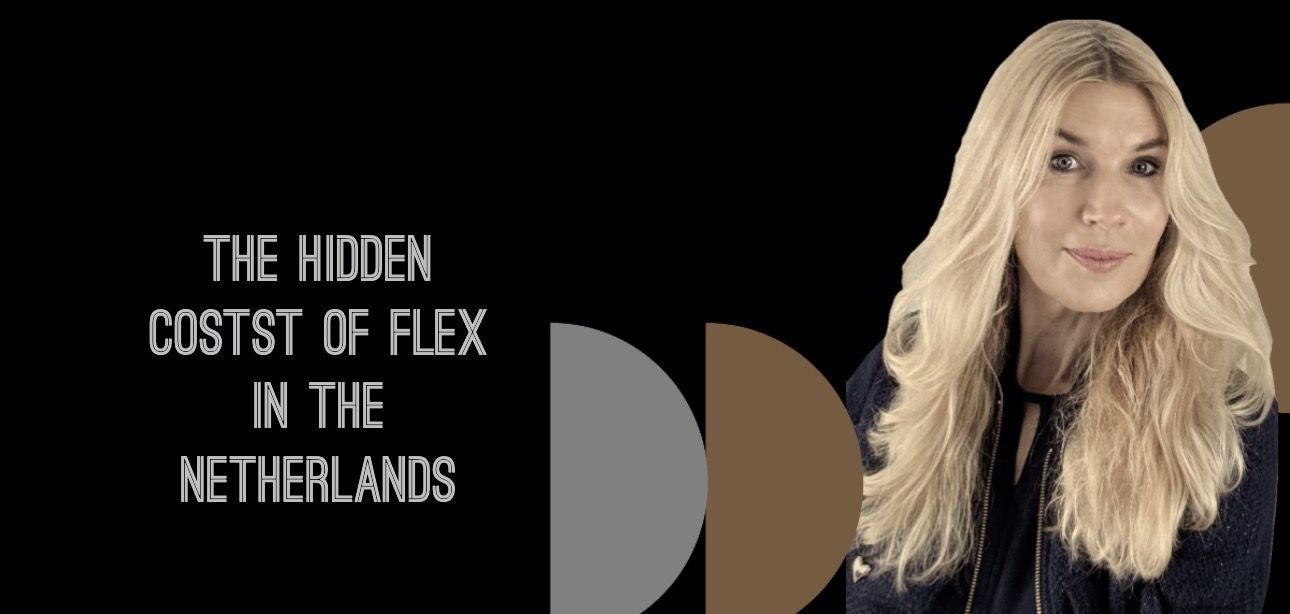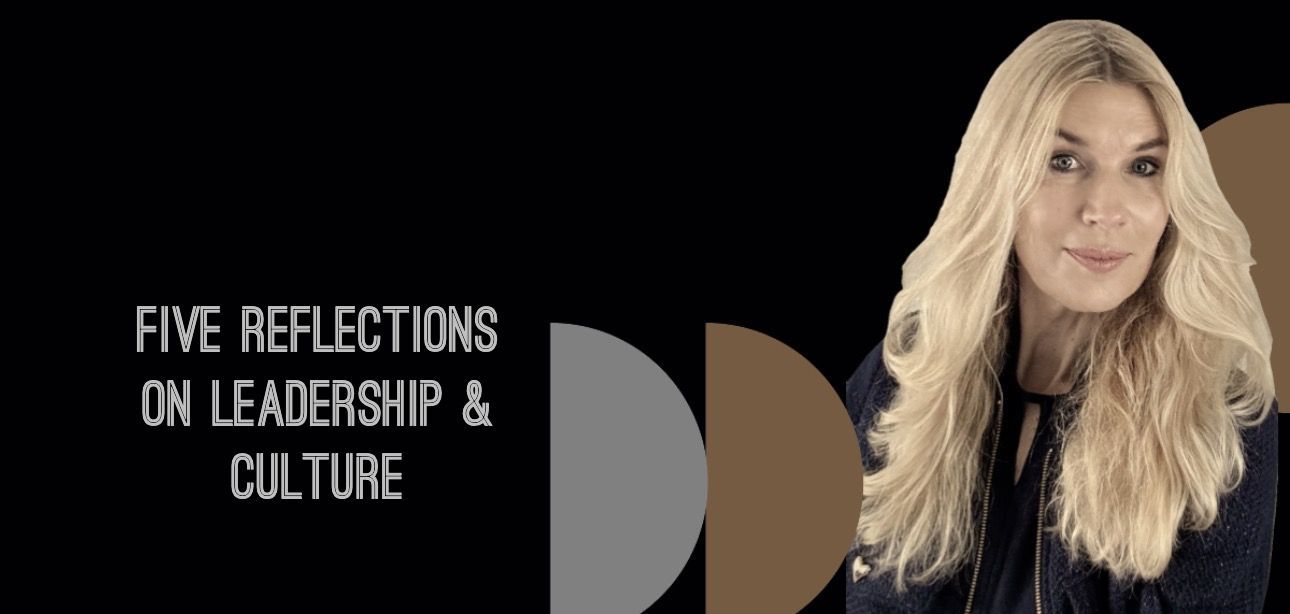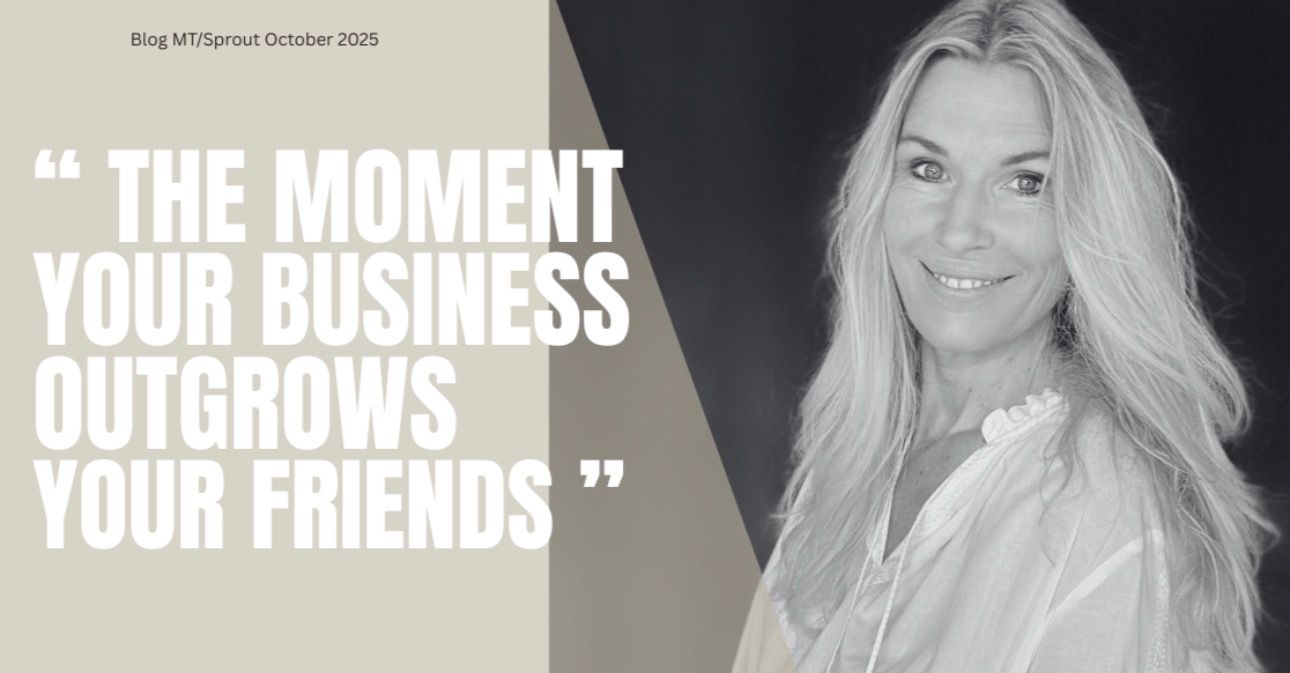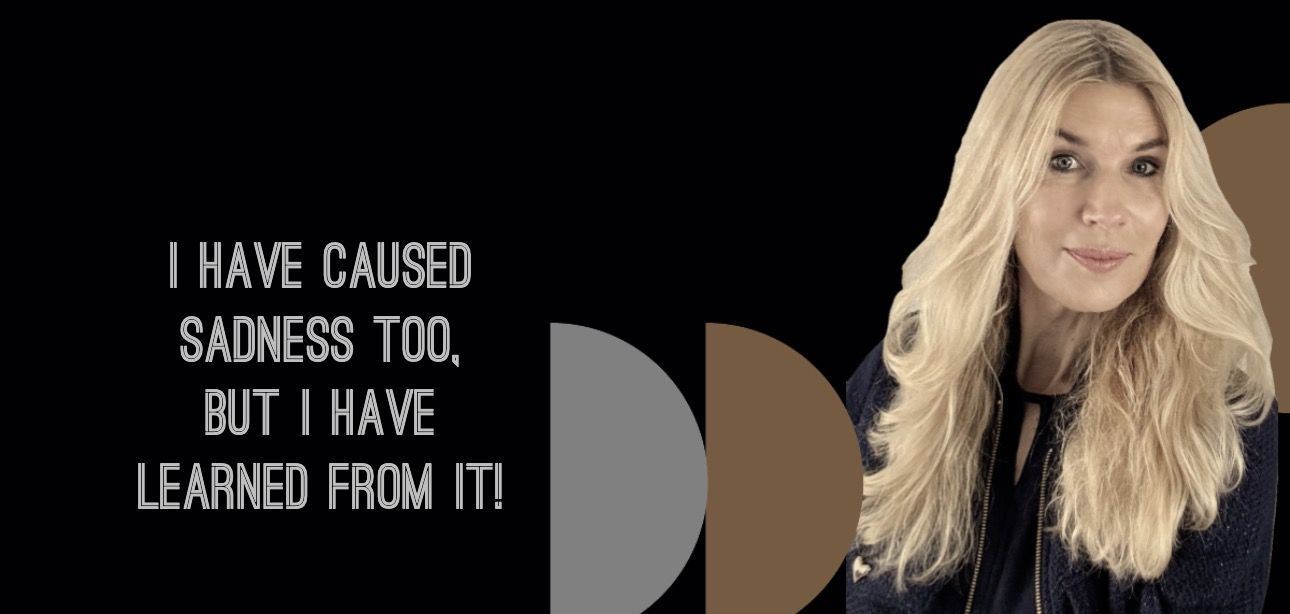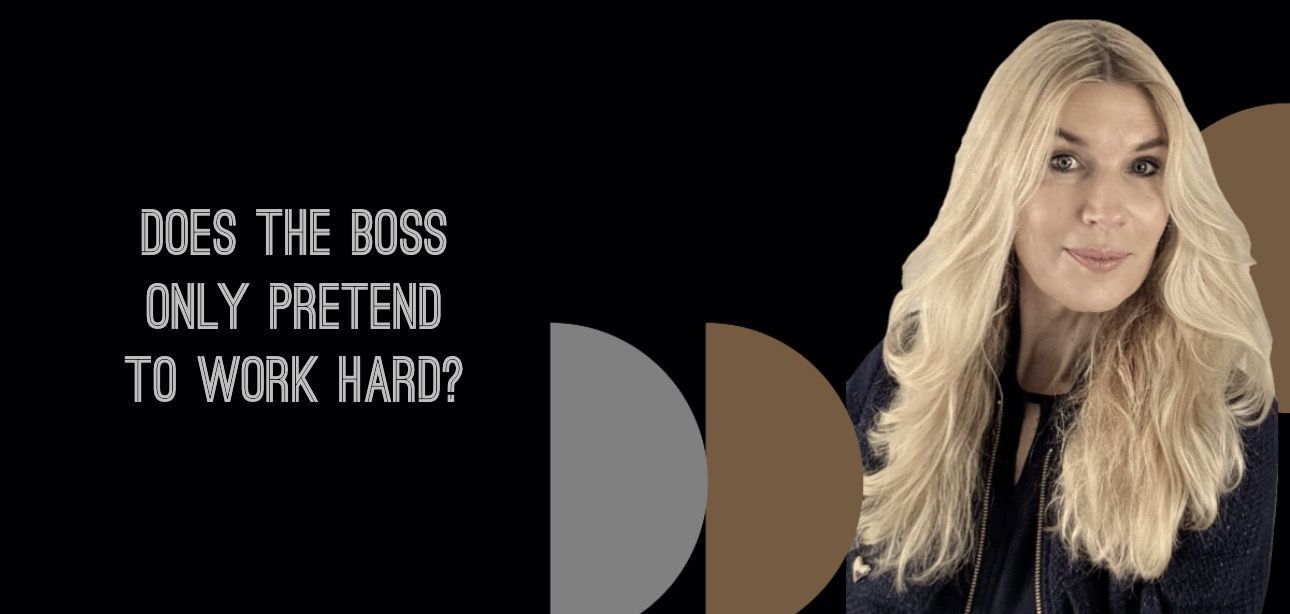Listen is Gold
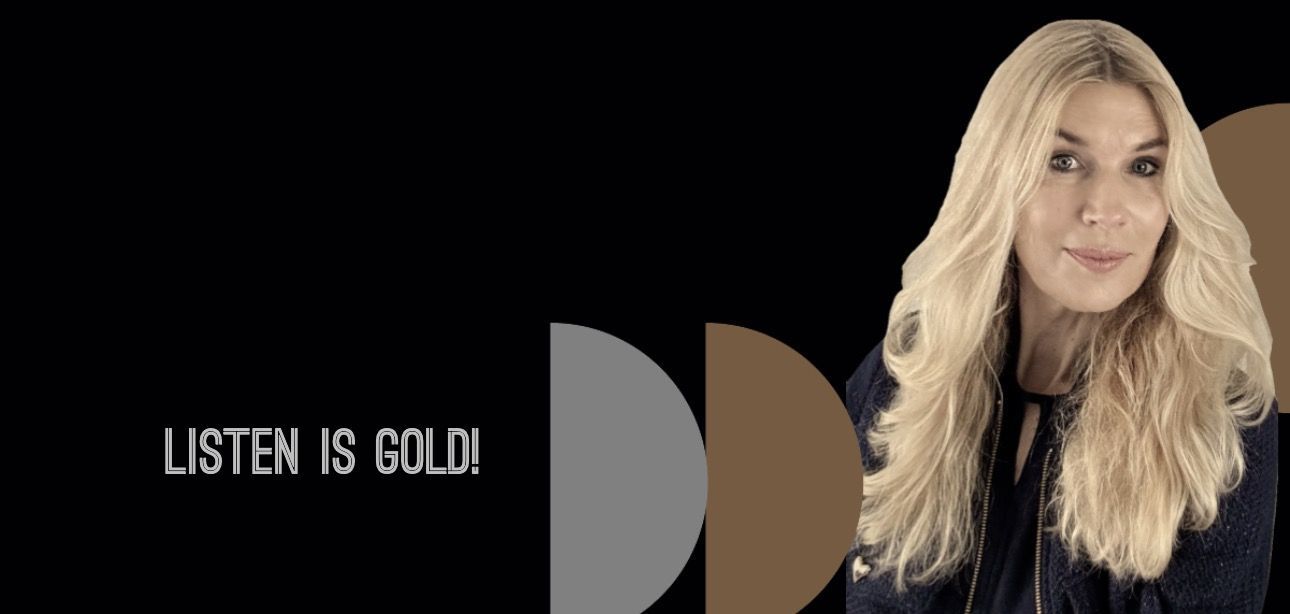
January 8, 2025
LISTEN IS GOLD
Phew...
💭 Imagine being a leader reading this and not realizing the harm your behavior is causing. 😳
I hear it more and more in conversations with people: talented professionals leaving because leadership in their organization simply isn’t working. They feel unheard, misunderstood, and sometimes even criticized in ways that add no value.
The questions are:
1️⃣ Why are there still leaders who think shouting, reacting emotionally, or dominating increases their impact?
2️⃣ How can we break these patterns and redefine leadership?
Let me be clear: leadership isn’t about who shouts the loudest, cries the hardest, or always gets their way. It’s about connection. It’s about trust. It’s about creating an environment where people not only can thrive but want to thrive.
One of my favorite expressions is, “Friction creates polish.” As a leader, you shouldn’t fear friction or opposing voices. In fact, it’s precisely those moments when different opinions come to light that drive growth and innovation. A leader who surrounds themselves only with like-minded people stays stagnant. But if you dare to open up to different perspectives, your team becomes stronger, more diverse, and ultimately more successful.
I also see that culture plays a role. Leadership varies greatly across countries. In some cultures, authoritarian behavior is still seen as strong leadership. Followers of political figures like Trump often emulate their leader’s harsh tone and confrontational style. But should that really be our example?
Some people say, “I can’t help it, I wear my heart on my sleeve.” I actually think being open and saying what you think is a great quality. But if you find yourself in a situation where you feel emotional because you’ve lost control, feel powerless, or something’s bothering you, does that justify reacting angrily or emotionally toward colleagues? Not in my book.
If we want people to stay with us longer—and let’s be honest, we all do—the key is simple: communication. Listening, truly listening, and engaging in dialogue. Not making irrelevant comments or trying to dominate, but understanding what drives your team members and what they need to excel.
Leadership is never about a power struggle. It’s about creating
Delen
Ineke Kooistra Blog & Articles
